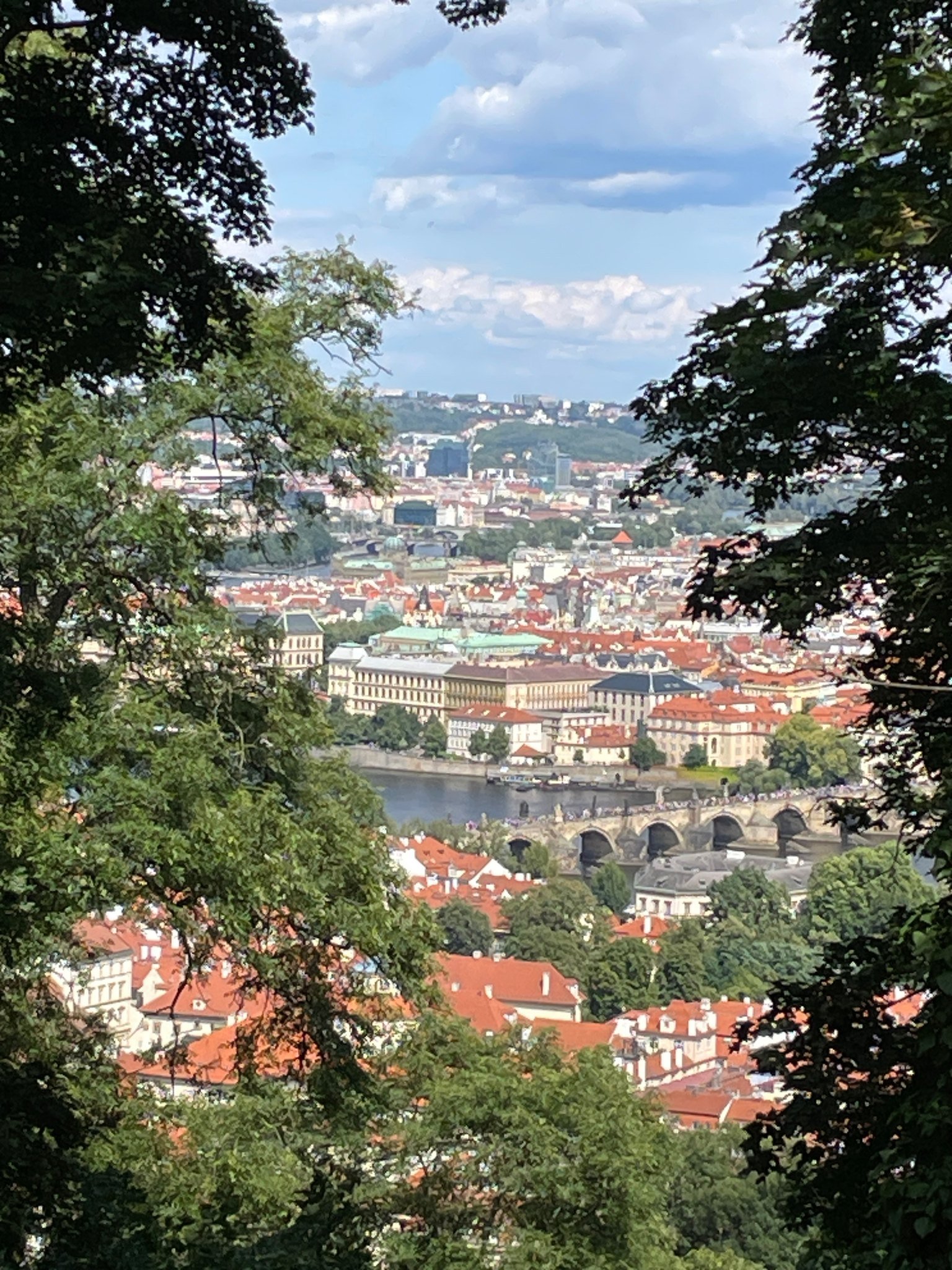I’m happy to announce the “publication” of the Corpora of Mobile Speakers (CorMS)! So far CorMS consists of two corpora drawn from my own NSF project, the New Yorkers in Toronto Corpus and the Torontonians in New York Corpus, though my hope is that the number of corpora linked to the site will grow (from the work of my own students, or colleagues who also work on mobile speakers). The CorMS website contains information about the corpora and links to a more detailed user guide about how they were built and what they contain; to access the data files (which are currently stored in a Georgetown Box folder), potential users need only register for access via a google form linked on the CorMS site.
If you have any questions about CorMS, find me at ICLaVE in Vienna next month (where I’ll be giving a multimedia presentation about the corpora) or send me an email!
